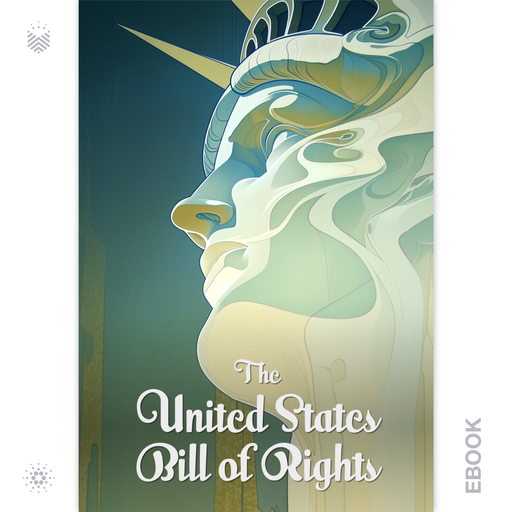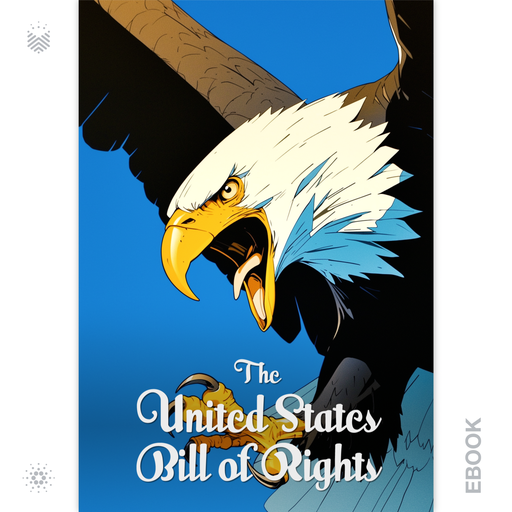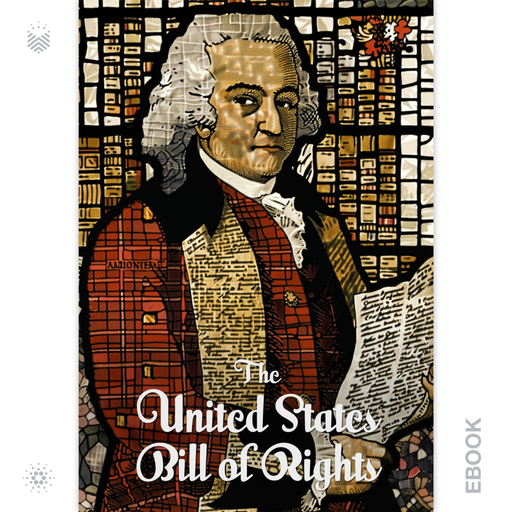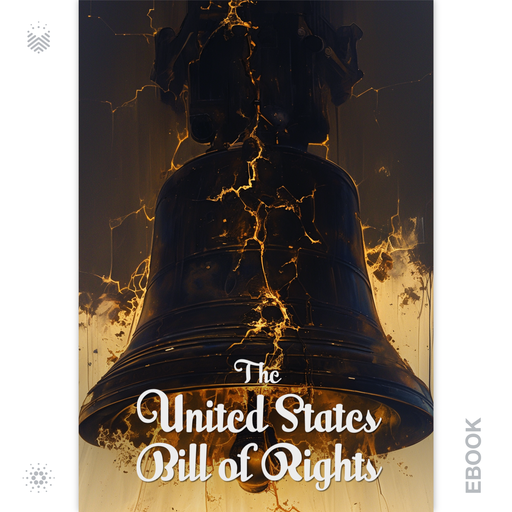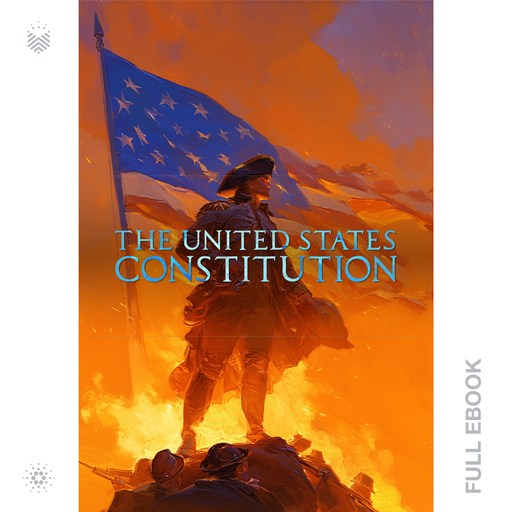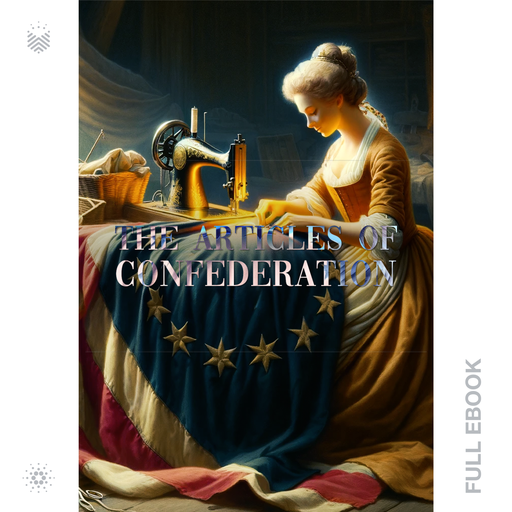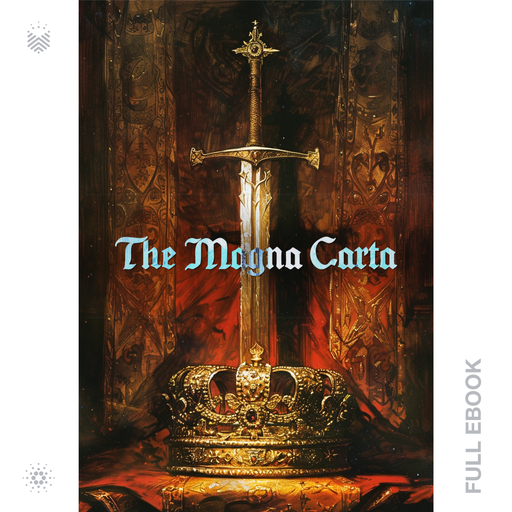The United States Bill of Rights
Sold Out - Available On:
jpg.storeThe United States Bill of Rights, ratified on December 15, 1791, firmly establishes the fundamental rights and liberties of American citizens. Crafted by James Madison, these first ten amendments to the Constitution respond directly to calls from several states for greater constitutional protection for individual freedoms. The Bill of Rights outlines specific prohibitions on governmental power, ensuring that citizens retain essential rights that the government cannot infringe upon.
Description
The history of the Bill of Rights begins with the drafting of the United States Constitution in 1787. During the Constitutional Convention in Philadelphia, delegates debated the structure and powers of the new federal government. Although the Constitution aimed to create a strong central government, concerns about individual liberties and the potential for governmental overreach led to calls for explicit protections of citizens’ rights.
In 1789, James Madison, who is often called the “Father of the Constitution,” took up the task of drafting amendments that would address these concerns. Drawing inspiration from earlier documents like the Virginia Declaration of Rights and the English Bill of Rights, Madison proposed a series of amendments to the Constitution. After intense debate and revision, Congress approved twelve amendments, ten of which were ratified by the states and became known as the Bill of Rights on December 15, 1791.
The adoption of the Bill of Rights marked a pivotal moment in American history. It addressed the fears of Anti-Federalists, who had opposed the original Constitution for its lack of explicit protections for individual freedoms. The amendments enshrined fundamental rights, such as freedom of speech, religion, and the press, the right to bear arms, and protections against unreasonable searches and seizures. Over time, the Bill of Rights has become a cornerstone of American law and democracy, continually interpreted and applied by courts to safeguard the liberties of citizens.
Numbered eBooks: 776
Number of Unique Covers: 49
Number of 1:1 Covers: 10
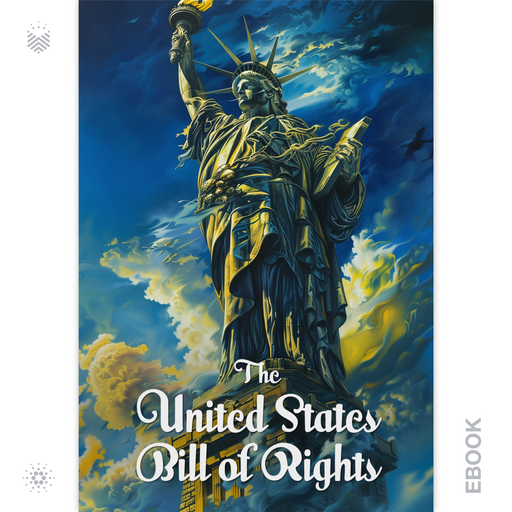
Lady Liberty
18 Unique Designs
x 19 Numbered eBooks
= 342 NFT eBooks
eBook Numbers 434 - 775
(44.07% of Supply)
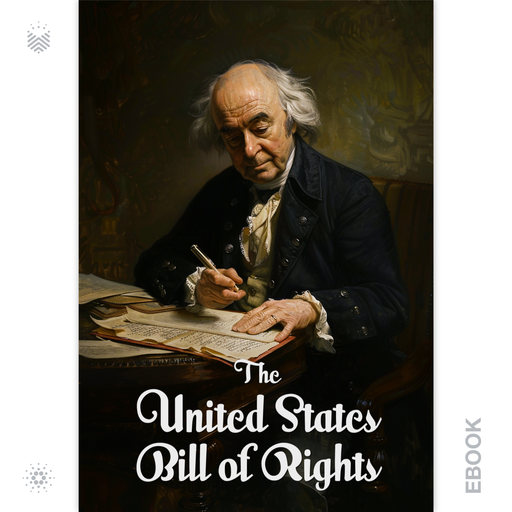
The Father of the Bill of Rights
11 Unique Designs
x 24 Numbered eBooks
= 264 NFT eBooks
eBook Numbers 170 - 433
(34.02% of Supply)
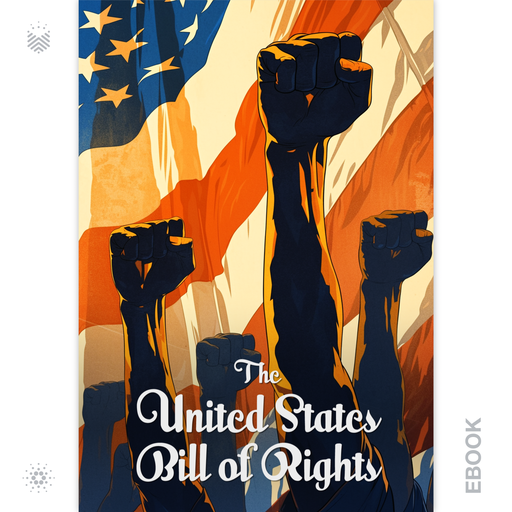
E Pluribus Unum
10 Unique Designs
x 16 Numbered eBooks
= 160 NFT eBooks
eBook Numbers 10 - 169
(20.62% of Supply)
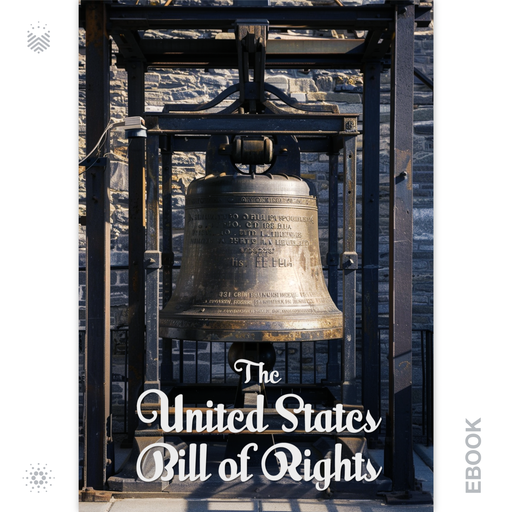
The Liberty Bell
7 Unique Designs
x 1 Numbered eBooks
= 7 NFT eBooks
eBook Numbers 3 - 9
(0.90% of Supply)
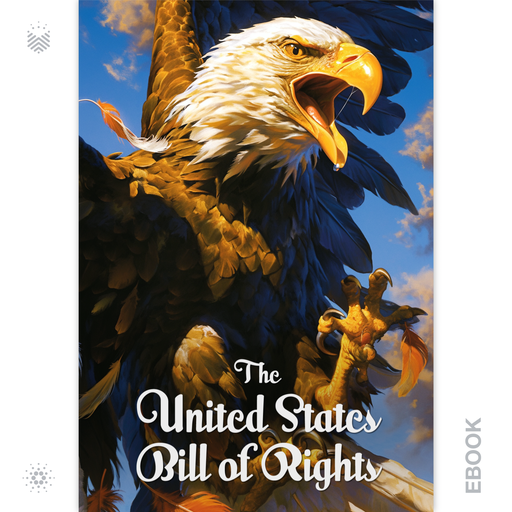
Old Abe
3 Unique Designs
x 1 Numbered eBooks
= 3 NFT eBooks
eBook Numbers 0 - 2
(0.39% of Supply)
Details
Publisher : Book.io
Series : Foundations of the United States
First Publication Date : 1789
Genres: American History, History, Non-Fiction, Politics, Reference Work
Language : English
Format : DEA (Decentralized Encrypted Asset)
Read On : Book.io eReader dApp
Cover Art : Includes 4K hi-resolution book cover
Cardano Retail Price : 39 ADA
Cardano Discount Price : 19 ADA, for wallet holding The United States Constitution, The Federalist Papers, and The Articles of Confederation
Purchase Limit: 10
Cardano Policy ID : a7f4ae70f31e91d67415ba67b739957bd634bcbcd8400793df4e12c0
You might also like
The United States Constitution is the foundational legal document that establishes the framework for the American government and outlines the rights of its citizens. Drafted during the Constitutional Convention in Philadelphia in 1787, it was ratified by the states in 1788 and went into effect in 1789.
Read More
The Federalist Papers also known as The Federalist, comprising of 85 articles and essays, were written by Alexander Hamilton, James Madison, and John Jay between 1787 and 1788. These essays, published under the pseudonym “Publius,” aimed to promote the ratification of the United States Constitution. Addressing various aspects of government structure and individual rights, the papers serve as a foundational text in American political thought.
… Read More
The Articles of Confederation, ratified in 1781, served as the first constitution of the United States, following the nation’s declaration of independence from British rule. Crafted by the Second Continental Congress, this document aimed to provide a framework for governance among the newly formed states. However, its structure reflected a cautious approach to central authority, as the colonists were wary of repeating the abuses they had experienced under British rule.
… Read More
Magna Carta, Latin for “Great Charter,” is a foundational document in English constitutional history. It was signed by King John of England at Runnymede on June 15, 1215, under pressure from rebellious barons seeking to limit the monarch’s power.
Read More


